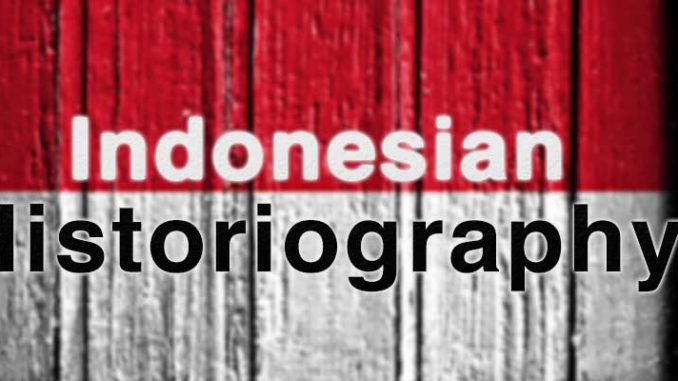
An atmosphere relatively free of political manipulation seems necessary for the healthy growth of most scholarly projects, especially one so vulnerable to manipulation as history writing. With the Suharto regime and much of its political restriction in the past, it is time to ask what difference its demise makes for the development of Indonesian historiography as practiced in Indonesia.
Like most historiographies that developed in post-colonial societies, Indonesia’s is patently and intensely nationalistic. Known as Indonesiasentris, nationalist historiography refers to the whole exercise of history writing whose primary aim and/or ultimate result, whether intended or not, is recognition and justification of the legitimate existence of Indonesia as a nation-state. Central to this project is the effort to create, maintain, and promote a national identity deemed fitting for such an entity.
This paper tries to identify and pinpoint apparent signs of reform in Indonesian nationalist historiography. The freer atmosphere of the post-Suharto period is proving conducive not just to challenging older versions of Indonesian history but also to re-examining the long-established framework within which re-writing might proceed. I contend that some kind of reform is coalescing and is prompted, among other things, by the need to purge the history-writing enterprise of its close association with the New Order. The reformists dismiss conventional, politics-centered, descriptive history, uphold the validity of the social science approach pioneered by Sartono, and move on, somewhat hesitantly, to question the need for Indonesiasentrisin history writing at all. At the very least, they seek to free Indonesiasentris from its usual role as promoter and definer of what is “national” and thus hope to disentangle history writing from its burdensome association with the state-nationalist project. As the reform is still in its early stages, I try to make sense of its emerging character and to speculate on the direction it might take, based on recent published and unpublished papers, a series of workshops held at Universitas Gadjah Mada (UGM), and interviews with some reformist Indonesian historians.
Rommel Curaming
Read the full unabridged article HERE
Kyoto Review of Southeast Asia. Issue 3: Nations and Other Stories. March 2003

